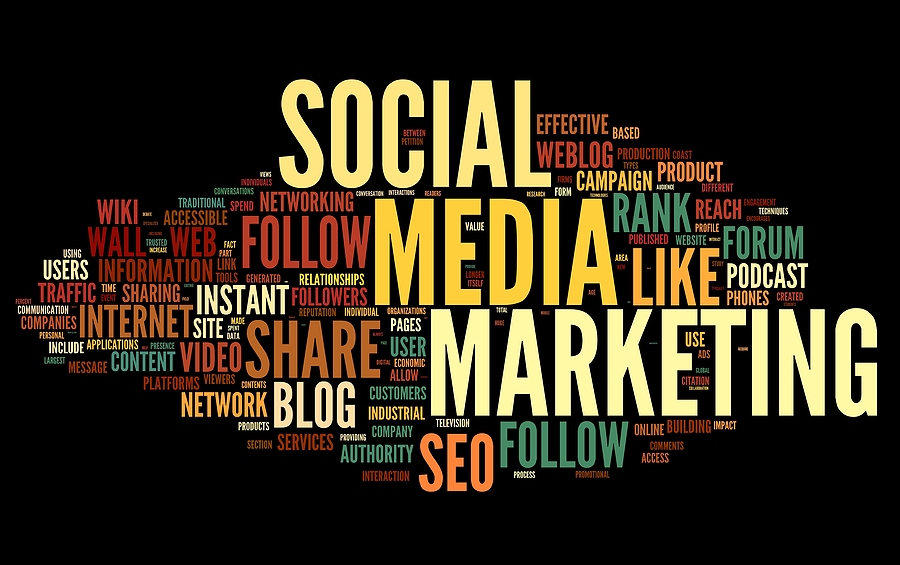Discussing the internet and technological solutions that contribute to its efficiency is an incredibly complex rabbit hole, with very few individuals understanding every law that governs our traversing through the digital world. However, most web surfers that connect to search engines, social media platforms, and other popular websites from different locations always notice something different. While we are still using the same service, not only the language, but recommended search results, ads, and social network algorithms change their content and adapt to the new location.
While it makes the browsing experience more comfortable and convenient, some internet users may prefer to continue interacting with web tools in their native language while others may lose access to beloved websites. Geolocation changes keep adjusting the way we see the internet. While the process has pros and cons, your current region can enforce certain browsing rules you may oppose, which can be perceived as internet censorship. In this article, we will discuss why we cannot have the same version of the web for every user. Once you know how the visited websites know your location, you will learn about the ways to mask your identity with proxy servers – simple yet incredibly effective intermediary tools that change the direction of your connection, where an extra stop grants you a new identity. For example, with Japan proxies, the data leaving your device will reach the remote server first to change digital identity before moving to the original destination. The best providers of such servers will have a Japan proxy or millions of servers in preferred locations. Choosing this location is great if you want access to geo-blocked websites or want to experience the local internet and the functionality of frequently visited websites with their appearance in your original location. In short, if you want the Japanese version of the internet, you choose a Japan proxy. For other locations, providers have addressed this all over the world. Continue reading to learn more about these changes and why proxy servers help you bypass limitations.
IP address manipulation
Before accessing the web, every electronic device has two IP addresses. The first address is your private IP, used to separate your device from others in the residing local area network (LAN). As packets leave the network, they go through your router, also known as a gateway, to continue communication with the wide area network (WAN) also known as the internet.
As the information hops through these points, it eventually acquires your public IP address, leased to you by the internet service provider. This assigned identity is assigned to your data packets and it carries a lot of information about your digital identity. Parties that know this address can use it to bombard you with connection requests, slowing down or crashing your internet connection. The IP address also displays your approximate location and visited websites use this information to change the presented language and offer local ads.
This is where proxy servers come in to break these shackles and grant you internet access from any desired location in the world. With an extra stop, your data packets shed your public IP address and use the digital identity of a proxy server instead.
With proxy servers, you can manipulate location changes to bypass location blocking and regain access to pages that have blacklisted your original IP address. With their help, internet users in countries with the lowest internet freedom index can use the extra stop to avoid the effects of government oppression.
While not every geolocation is shackled by such restrictions, a good proxy provider has servers all around the world, allowing you to choose the most suitable option to avoid internet speed loss while masking your digital identity at the same time.
When should you change your geolocation?
While we described the most common use cases of proxy servers for individual users, some businesses cannot perform desired tasks without the frequent use of proxies. For example, businesses expanding into new regions want their websites localized, and testing the functionality of a page in the new location is impossible without a proxy server or a company employee in that region.
![]()
Digital marketing campaigns also use information about local users as important data that helps maximize the visibility of ads in new regions. When purchasing advertisements on Google, its associated websites, and other relevant publishers, businesses need to test their visibility from multiple locations to make sure the ads affect the desired regions and the resources are not wasted on irrelevant geolocations.
For business-related, data-sensitive tasks, the best options are residential proxies that, unlike their datacenter counterparts, cannot be distinguished from devices with IPs from internet service providers. Residential addresses are more expensive, but with them, you get the most private, anonymous way to change your IP address and geolocation. Datacenter proxies offer a faster internet connection, but if one user gets the address banned on a popular website, the recipient can ban the entire bulk of IPs, restricting their use on the website in the future. Residential proxies are the best tools that will help you experience the spectrum of the internet and remain private online!
Image Source: BigStockPhoto.com (Licensed)
Related Categories: Tech, Reviews








